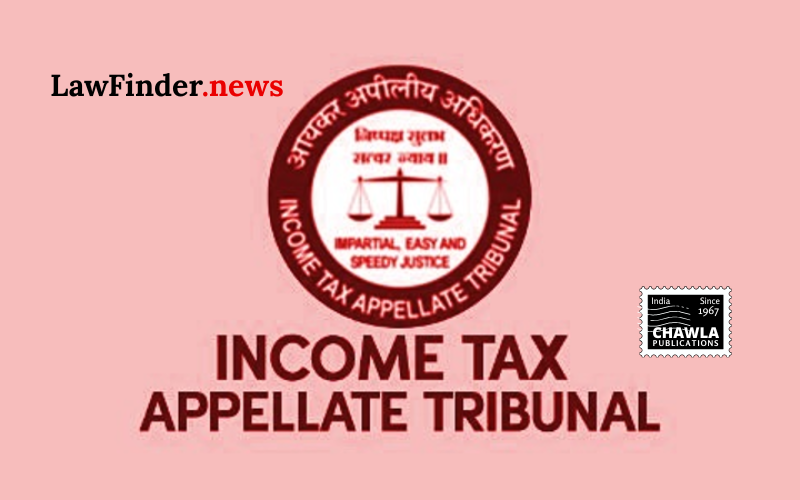Tribunal Upholds Company's Right to Choose Valuation Method for Shares. Income Tax Appellate Tribunal rules in favor of M/s. JUS Scriptum Magnus Pvt. Ltd., affirming the company's right to adopt Discounted Cash Flow method for share valuation.
In a significant ruling, the Income Tax Appellate Tribunal (ITAT), Delhi Bench "F", has upheld the right of M/s. JUS Scriptum Magnus Pvt. Ltd. to choose the Discounted Cash Flow (DCF) method for the valuation of its shares, rejecting the Assessing Officer's attempt to impose the Net Asset Value (NAV) method. The decision, delivered on September 26, 2025, underscores the importance of respecting the statutory provisions that allow companies to select their preferred valuation method as per Rule 11UA of the Income Tax Rules, 1962.
The case arose when the Deputy Commissioner of Income Tax (DCIT) challenged the valuation method adopted by M/s. JUS Scriptum Magnus Pvt. Ltd. for the assessment year 2016-17. The company had issued 8438 shares at a premium, adopting the DCF method for determining the fair market value (FMV) of its shares. The Assessing Officer rejected this valuation, arguing discrepancies in the projections used, and opted for the NAV method instead. Consequently, an addition of Rs. 8.94 crore was made to the company's income under Section 56(2)(viib) of the Income Tax Act, 1961.
Aggrieved, the company appealed to the Commissioner of Income-Tax (Appeals), who ruled in favor of M/s. JUS Scriptum Magnus Pvt. Ltd. The CIT(A) found that the Assessing Officer had no jurisdiction to reject the valuation method chosen by the assessee, as Rule 11UA provides the option to select either DCF or NAV method. The Tribunal supported this view, citing several precedents where the courts have emphasized the importance of respecting the options granted to the assessee under the law.
The Tribunal noted that valuation is a technical matter best left to experts and that the Assessing Officer cannot substitute their judgment for that of qualified valuers unless a fundamental error in the valuation process is evident. It also highlighted that the DCF method involves projections about future growth and that comparing these projections with past actual figures to reject the valuation is inappropriate.
This ruling reaffirms the principle that statutory provisions should be adhered to, ensuring that companies can exercise their rights without undue interference from tax authorities. The decision is expected to have significant implications for similar cases, providing clarity on the permissible scope of the Assessing Officer's authority in matters of share valuation.
Bottom Line:
Assessing Officer cannot reject the valuation method adopted by the assessee under Rule 11UA, which provides the option to choose between DCF (Discounted Cash Flow) method or NAV (Net Asset Value) method.
Statutory provision(s): Section 56(2)(viib) of the Income Tax Act, 1961, Rule 11UA of the Income Tax Rules, 1962
DCIT v. M/s. JUS Scriptum Magnus Pvt. Ltd., (ITAT)(Delhi Bench "F") : Law Finder Doc Id # 2785505




